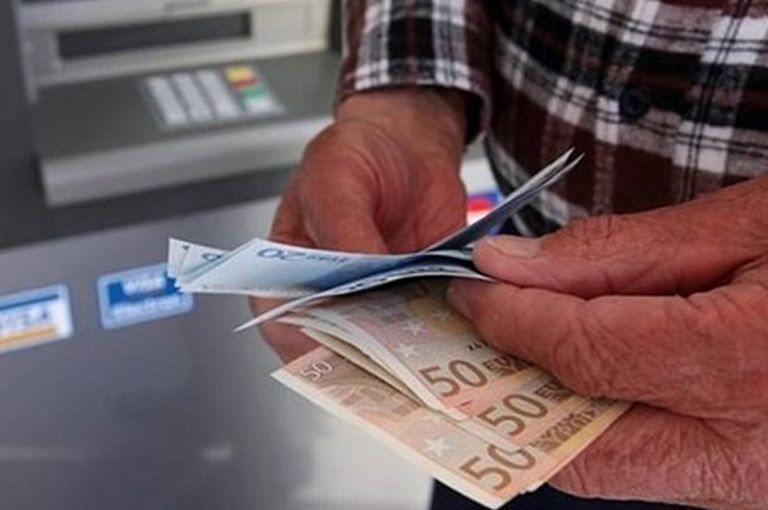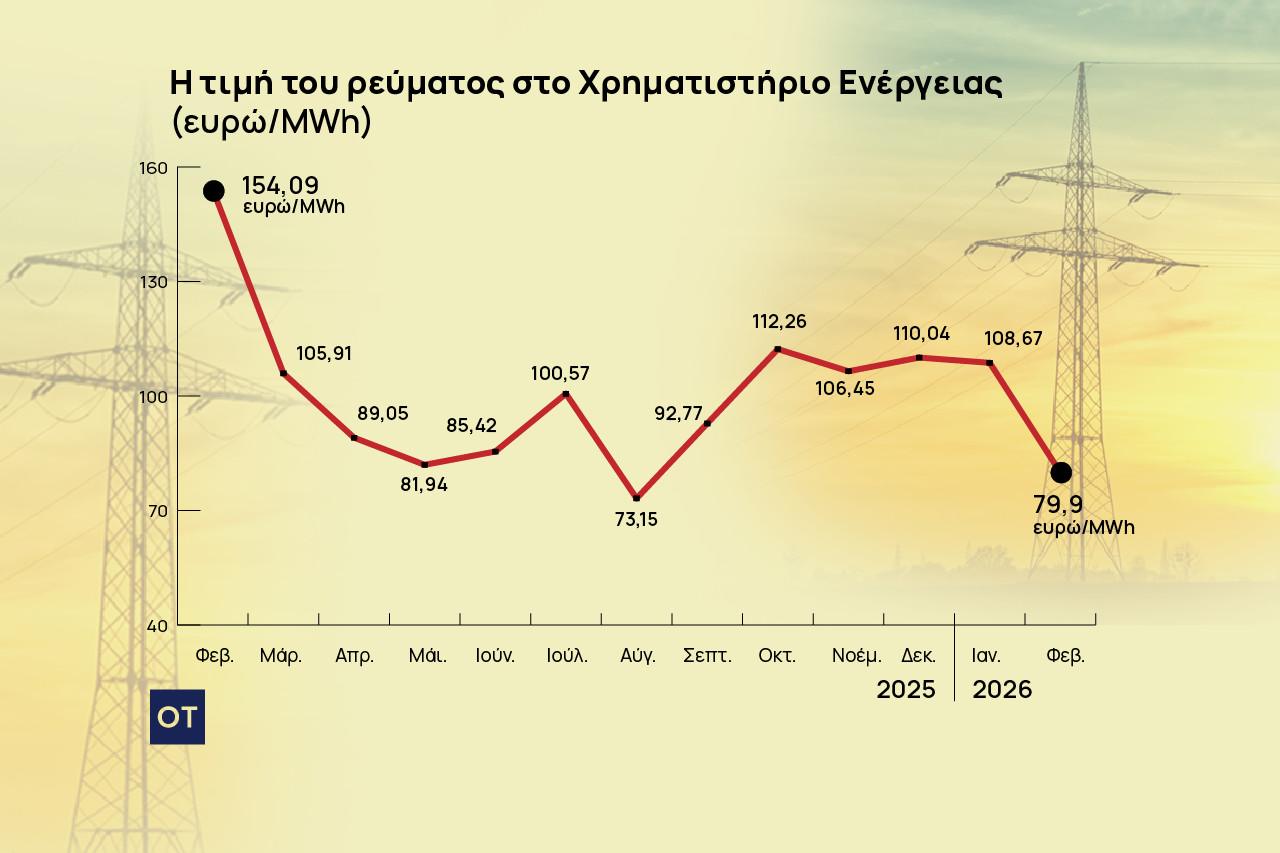Greece’s livestock sector is facing one of its worst crises in decades, as a sheep pox outbreak devastates herds across the country — and the impact is already being felt in the nation’s most famous export: feta cheese.
According to industry estimates, more than 330,000 animals have been slaughtered to contain the virus, which has spread rapidly in regions such as Thessaly, Macedonia, and Thrace. The result has been a sharp decline in sheep’s milk production, the essential ingredient in feta, raising fears of imminent price hikes and supply shortages in the coming months.
Feta Production Under Threat
Dairy cooperatives and cheese producers report that milk deliveries to creameries have fallen dramatically. In some areas, supplies are down by 15%, while in the hardest-hit regions, the drop reaches 40%, according to local dairy industry representatives.
“This will directly affect the next feta production cycle,” said one cooperative president in Central Greece, where 35,000 animals have already been culled. “Entire villages have lost their herds — not a single animal left.”
Two major export-oriented dairies operating in the region have also seen their milk intake fall, threatening both domestic supply and international exports of the Protected Designation of Origin (PDO) cheese.
Farmers in Despair as Compensation Delays Mount
Many farmers have yet to receive compensation for the animals slaughtered months ago, with payments only covering losses up to last April. Producers say the Ministry of Rural Development has failed to provide clear timelines for relief, leaving families without income or livestock.
Industry sources say some farmers are hesitating to report new cases of infection, fearing that doing so would force them to slaughter entire herds and face financial ruin before any compensation arrives.
Economic Impact Looming
The Association of the Greek Milk and Dairy Products Industries (SEVGAP) has called on the government to release emergency funds from the national budget to support affected farmers. However, the request has so far gone unanswered.
Experts warn that if milk production continues to fall, feta prices will climb sharply in early 2026. “We are already seeing early signs of pressure on the market,” said one dairy executive. “Less milk means less feta — and inevitably, higher prices.”
A Sector Waiting for Relief
The virus’s spread is expected to slow as temperatures drop — sheep pox thrives in warm conditions — but the damage has already been done. With entire livestock operations wiped out, Greece’s dairy sector faces a long road to recovery.
As one farmer put it, “The virus may die in winter, but many of us have already lost everything.”
Source: tovima.com






































